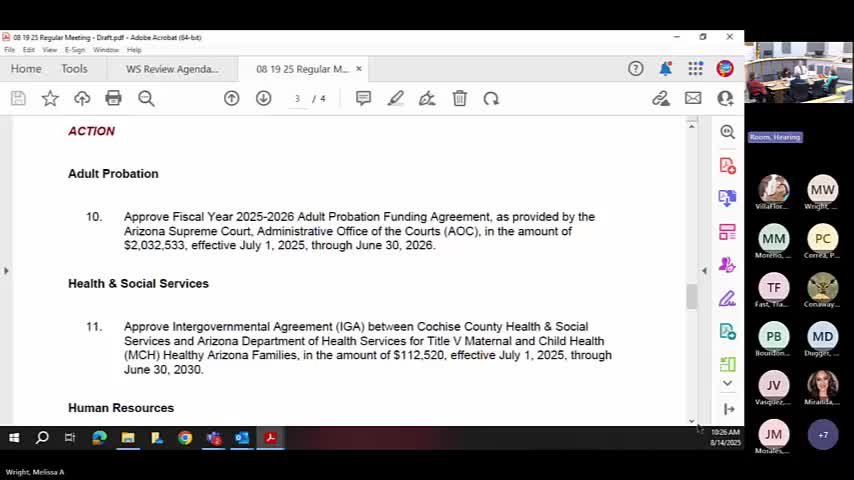It’s quite surprising how the discussions around energy in the U.S. have shifted since 2020. Back then, issues like race, gender, DEI, disinformation, and censorship were often sidelined, but the energy debate during those five years became chaotic.
People who aimed to discuss energy complexities found themselves encouraged, or even pressured, to dilute their language just to keep their social standing. Some felt they had to be dishonest about their views.
Here’s a little story: In 2021, I got suspended from Twitter for a week. One of the censors admitted that factual information I shared about coal usage in power generation breached their “community standards.” Another platform’s content officer informed me that their algorithm had flagged my posts, citing something about “Profosil Fuel.”
Ironically, the same individual who censored me was using devices and materials primarily made from oil—his clothing, his home, everything. Yet, my words posed a bigger threat. Despite having around 20,000 followers then, my content was stifled in this bizarre scenario. It felt like discussing fossil fuels—coal, oil, natural gas, and their byproducts—was becoming taboo, even as they form the backbone of modern society.
It’s ironic how this upheaval started to change soon after that pivotal period.
Once long-time critics of fossil fuels gained control over one of the most heavily censored social media platforms, signs of broken free speech began to emerge. This issue of censorship has evidently crept into other social media spaces, suggesting collusion between government and major tech platforms. Thanks to Musk, there’s a flicker of hope that people can reclaim their freedom of speech during a time when it felt threatened.
Since then, discussions regarding energy transitions and net-zero goals have evolved significantly. This shift has become even more pronounced since January 20th, when Trump began his second term as president.
Today, it’s nearly universally acknowledged that the dreams of government-funded energy transitions, which dominated conversations from 2020 to 2022, are not only unlikely but nearly impossible. Statements that once got me suspended on Facebook—about how wind and solar can’t replace oil, gas, and coal—are now widely accepted truths.
The flawed reasoning behind federal energy and climate policy during the Obama to Biden years, which labeled carbon dioxide—a vital component of life on Earth—as a regulated “pollutant,” still reverberates today.
Although Musk and Trump appear to have clarified their past friendship, their combined efforts have led to an environment where fact-based discussions on various issues, including energy, can occur without the looming fear of cancellation. That’s a development worth appreciating.







